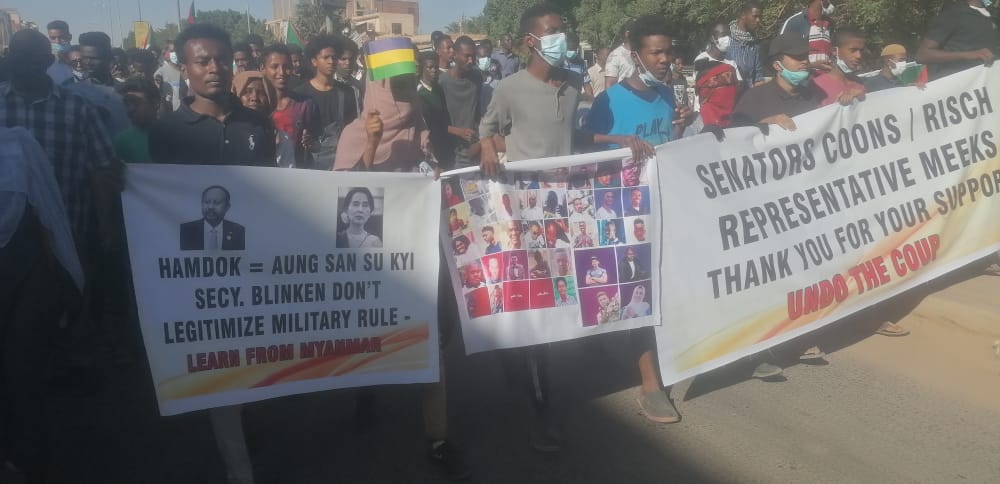Pulled punches: the US comes to Khartoum calling for reform
19 January 2022
High ranking U.S. officials are expected in Khartoum this week to encourage dialogue and end the political impasse affecting the country — but few Sudanese on the streets harbour much hope in the visit.
Local and foreign sources alike believe the US stance towards Sudan remains divided and influenced by regional actors, with little teeth to support the streets’ pro-democracy movement. “We are confused – we don’t know if they [the U.S.] support us or them,” says Mohamed Yusuf, a young civilian protestor who has been attending pro-democracy demonstrations since the revolution began in December 2018. “Right now, it is not clear to us.”
Recent anti-coup protests in Khartoum’s streets have been met with increasingly repressive military force, killing seven protestors on Monday. U.S. State Department Spokesman Ned Price said the Assistant Secretary of State, Molly Phee and the new Special Envoy David Satterfield “are headed to Khartoum and will reiterate our call for security forces to end violence and respect freedom of expression and peaceful assembly.”
Phee and Satterfield visited their allies in Riyadh on Monday, meeting officials from Saudi Arabia, United Arab Emirates (UAE) and the United Kingdom to usher support to “implement the reform agenda” in Sudan through a UN-led initiative.
But few Sudanese protesting the 25 October military coup expect their visit will hold much influence over Sudan’s coup-leaders, Lt.-Gen. Abdel-Fattah al Burhan and his deputy, Mohamed Hamdan Daglo (“Himmedti”). So far, Sudan’s generals have shown little deference to US envoys, launching their military coup within hours of former envoy Jeffrey Feltman meeting Burhan and then departing the country. The military ordered a bloody crackdown on Sudanese protesters just one day after Phee’s last visit to Khartoum.
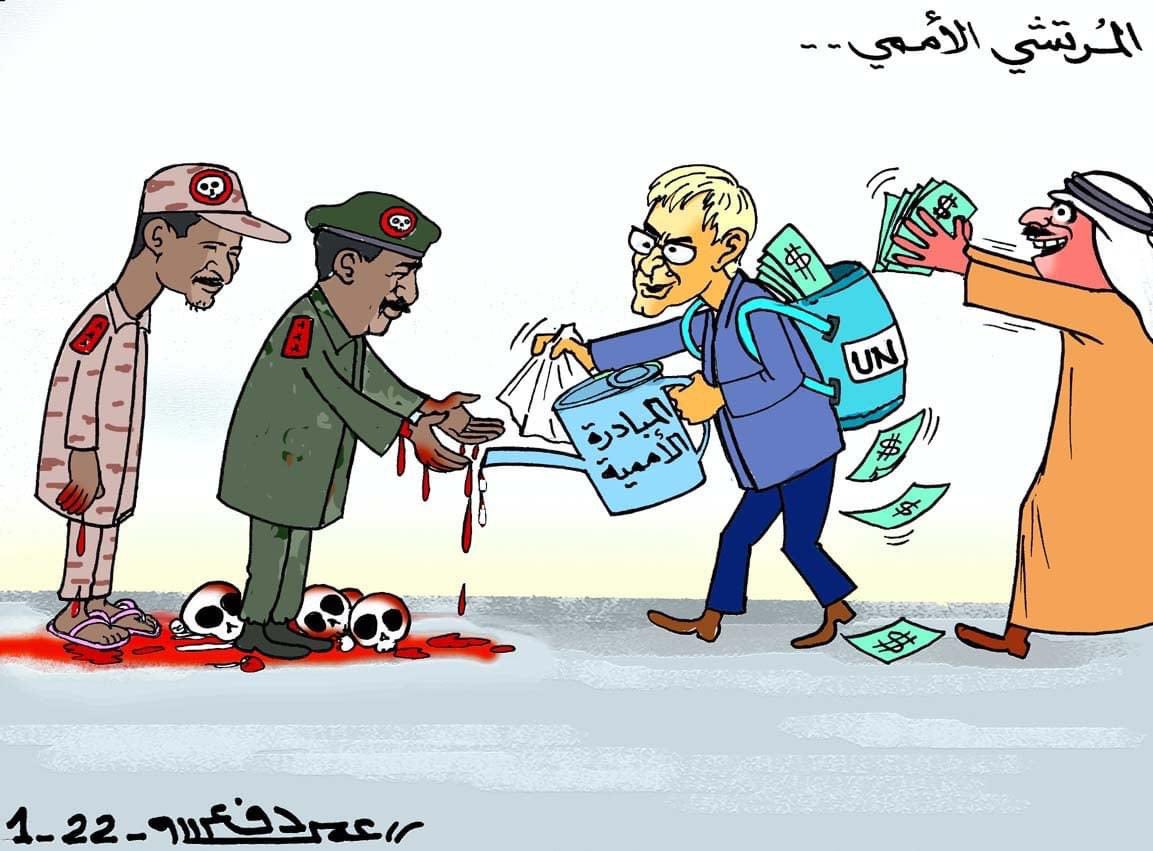
Gulf policy, U.S. policy
The fact that the U.S. consulted Saudi Arabia and the UAE prior to meeting Sudanese this week may be indicative of what Professor Alex DeWaal, a long-time researcher on Sudan, notes on US foreign policy: a deferment to the Gulf. “U.S. policy in the region under the Trump administration was simply delegated to Israel, Egypt, Saudi Arabia and the UAE – they have been given a free hand pretty much to do what they want in Sudan, Ethiopia, and Somalia,” DeWaal said in a news interview. “The Biden administration has not pulled that back.”
These same regional actors remain staunch proponents of Burhan and Himmedti who in turn are counting on this regional support to see out any pressure for democratisation from western nations, De Waal added. “Washington, Paris, London and Brussels are doing almost nothing to disabuse them of this preconception.”
According to De Waal and others, the U.S. has largely been on the sidelines when it comes to Sudan: distracted by fears of neighbouring Ethiopia’s breakup, competing for influence with regional players, and divided internally over how to respond to Sudan’s generals.
Divided and under-staffed
In some ways, U.S. policy is guided more by administrative gaps rather than actual policy, says Kholood Khair, managing partner of Insight Strategy Partners, a policy think-tank based in Khartoum. “The Biden administration wanted to depart from Trump-era policy but there are several constraints, disagreements within the U.S. government between departments and the fact that major events Sudan and Ethiopia are taking place at the same time,” Khair told Ayin, “a lot of people in Washington who work on Sudan also work on Ethiopia, so it’s a capacity issue.”
Understaffed at home, the same applies to the U.S. Embassy in Khartoum. Despite normalising ties with Sudan in 2019, the U.S. has yet to send an ambassador. “If the U.S. wants to really meaningfully engage with pro-democracy groups, it needs to have representation in [the] country,” Khair said. This Monday, however, US Secretary of State Anthony Blinken announced that a new charges d’affaires, Lucy Tamlyn, will head the embassy in Khartoum to serve “during this critical juncture in Sudan’s democratic transition.”
This limited U.S. presence in Sudan, Khair said, is also hampered by divisions within the U.S. government. The executive branch appears more supportive of the generals than Congress and views Sudan through a security lens that deems the military as the harbingers of stability.
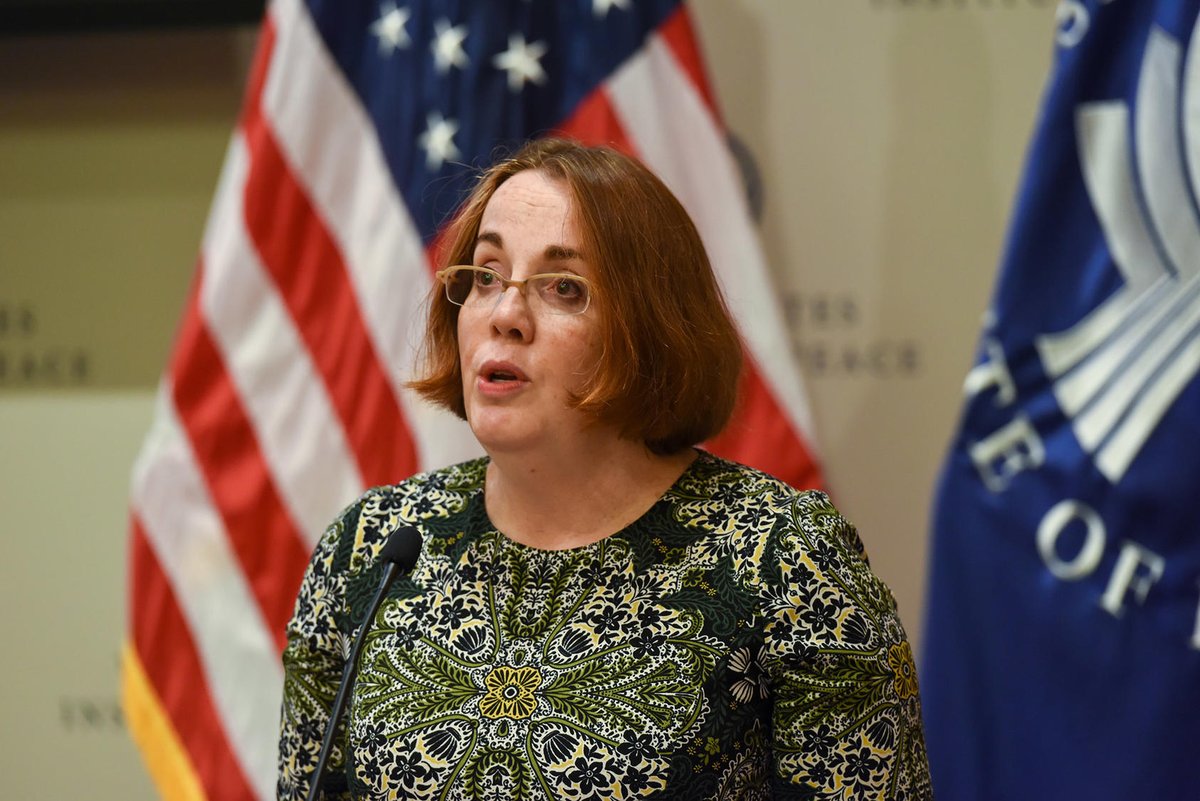
After former Prime Minister Abdalla Hamdok resigned earlier this month, for instance, Phee contacted Himmedti and fellow military Sovereign Council member, Lt.-Gen. Shams al-Din Kabbashi –but no one from the Resistance Committees who are organising the pro-democracy protests. “If you are going to have calls with Himmedti – you need to be seen to call the democracy movement as well,” says Cameron Hudson, Senior Fellow at the Atlantic Council and former chief of staff to the US special envoy to Sudan. According to Hudson, the U.S. executive branch may be reticent to administer sanctions against Sudan’s coup leaders since it was only a little over a year ago when the U.S. lifted sanctions against the country. “It’s an acknowledgement that Sudan is not the success story that we [U.S.] had thought it to be,” Hudson told Ayin. “I think the administration was proud that we are lifting sanctions from the country – putting them on a new sanctions list would reverse all of that.”
The U.S. Congressional response to Sudan, however, remains the antithesis to the executive.
Executive vs. Congress
According to Hudson and Khair, U.S. lawmakers are taking a more proactive role in Sudan policy to compensate for the apparent inertia exhibited by the executive branch. Showing rare bi-partisan concern, Sen. Bob Menendez, chairman of the Senate Foreign Relations Committee; Sen. James Risch, the top Republican on the committee; Democratic Sen. Chris Coons, among others, have introduced legislation that would directly target Sudan’s military elite.
The Sudan Democracy Act, according to a statement from Sen. Coons, mandates the imposition of targeted sanctions against individual actors that undermine a civilian-led democratic transition in Sudan. “I am introducing legislation to punish actors undermining democracy, peace, and human rights in Sudan, and I will continue to stand by the courageous Sudanese people in their pursuit of a free, peaceful, and prosperous nation,” Coons statement says.
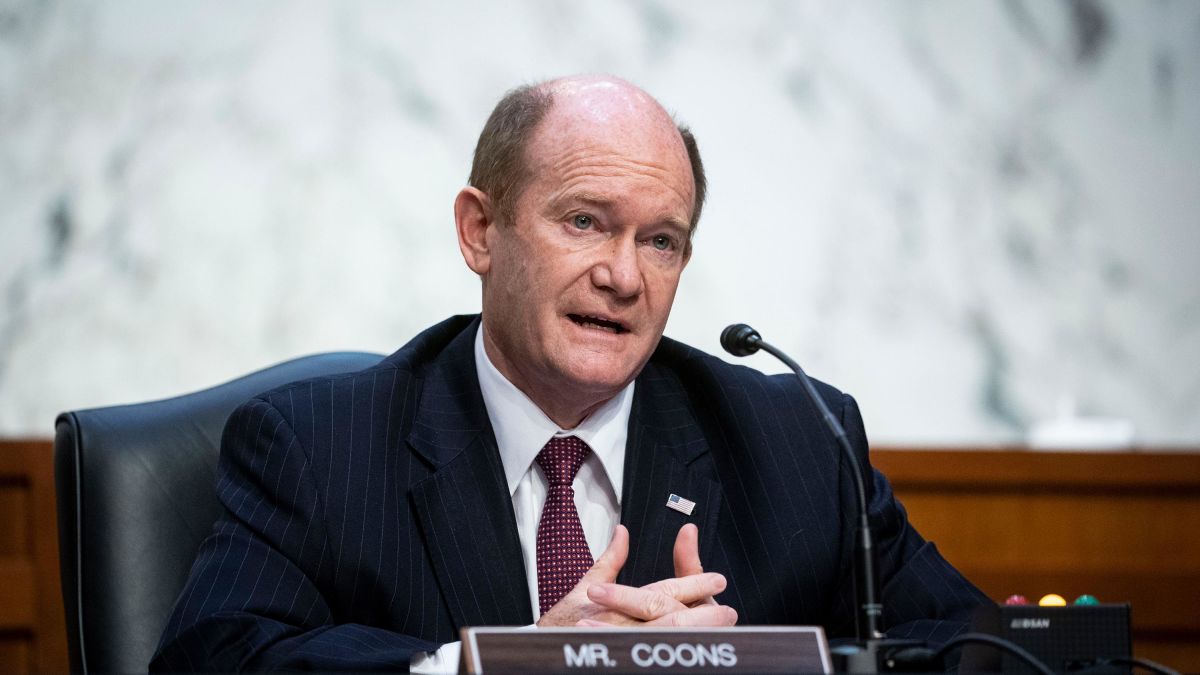
Congress’ legislation is actually directed at two targets: Sudan’s military generals and the U.S. administration, Hudson says. “This is Congress conducting its own foreign policy and trying to push the Biden administration to be harder,” Hudson told Ayin. “They are trying to push the administration to take action and develop a strategy for Sudan which, currently, we do not have.”
This internal pressure from Congress, coupled with the resignation of former Prime Minister Abdalla Hamdok, may prove the impetus needed to push the U.S. administration to take a tougher stance towards the coup leaders. The resignation of Hamdok on 21 November removed any veneer of legitimacy by the ruling military junta – and forced many international actors from blindly welcoming the former Hamdok-Burhan partnership – including the U.S. and European Union.
Perhaps an example of this tougher international stance – the European Union and Troika counties (U.S., U.K., and Norway) issued a statement earlier this month rejecting any unilateral actions made by the military and acknowledged the political legitimacy of the protest movement. In press statements after their meeting in Riyadh on Tuesday, Phee made it clear that Washington could not help Sudan unless the violence against protestors stops “completely and permanently”.
“I think since Hamdok has gone […] it has allowed the international community to read things slightly more clearly –we are seeing stronger statements,” Khair told Ayin. “The problem is we are still at the statement phase and these statements have diminishing returns. Even though the statements are a bit more strongly worded, they are not pro-active enough.”
Others in Washington share Khair’s view. “It’s time for the United States and others in the international community to stop pulling punches,” writes Dave Peterson, Senior Director of the Africa Program of the National Endowment for Democracy. “Statements are not enough. Targeted sanctions, seizure of assets, prosecution by the ICC, and material support for Sudan’s democratic movement are imperative.”
So far, tougher statements from the West have, on the surface, had little resonance with Sudan’s military junta. Since the 13 January anti-coup protests last week, civilians have witnessed a greater, more repressive military presence on the streets that utilises heavier weapons. “It’s like they are prepared for a war, not some civilians armed with protest signs,” Yusuf told Ayin.
At the same time, the increased military repression against the protestors has only emboldened civilians in Sudan to protest more. A protest on 25 November took place in 23 locations across the country. Synchronised protests on 25 December took place in 30 different locations, including former war zones.
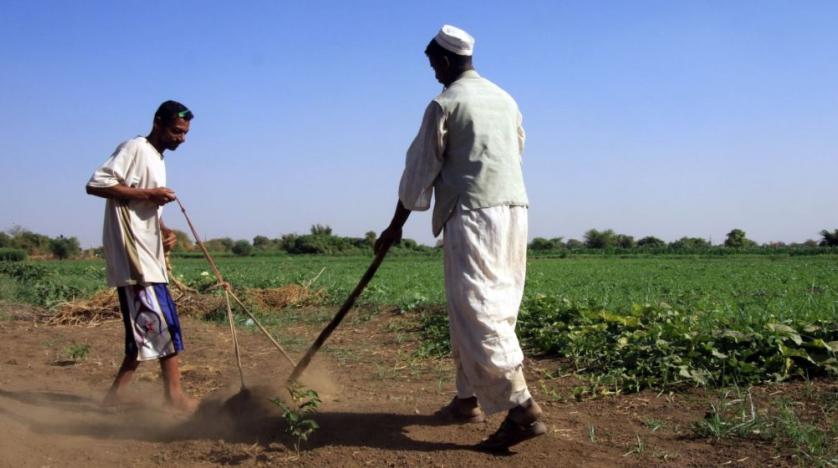
No stability, no investment
Paradoxically, it may be the coup leaders’ regional allies that may break the current political impasse and remove the current military elite from power. According to Economist Peter Heinisch, the political and economic instability since the 25 October coup has curbed regional investment. The Chair of the Saudi-Sudanese Business Council said some Gulf investors are considering divesting in Sudan due to political instability. If the coup leaders are denied access to much-needed Gulf capital and face potential targeted sanctions by the U.S. Congress, they may face regional pressure to step aside. “I think we will see pressure from these regional allies for these leaders to step down and a call for a military leadership that is more willing to heed the call of the street,” says lawyer Ahmed el Gaili.
Whether America’s latest visit to Sudan will influence political reform through a UN-brokered dialogue remains to be seen. Such diplomatic influence will be neutered if the U.S. does not come to Khartoum with an unequivocal, uniform message that supports the streets.
“The U.S. needs to be much more public about its support for pro-democracy groups,” Hudson said. “Washington is sceptical about the traditional political parties –-yes, they may be ineffective, corrupt, divided, self-interested, not fully representative of the public –they might be all of these things, but at the end of the day, they are also not killing people on the streets.”


